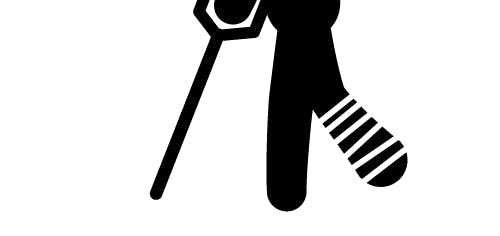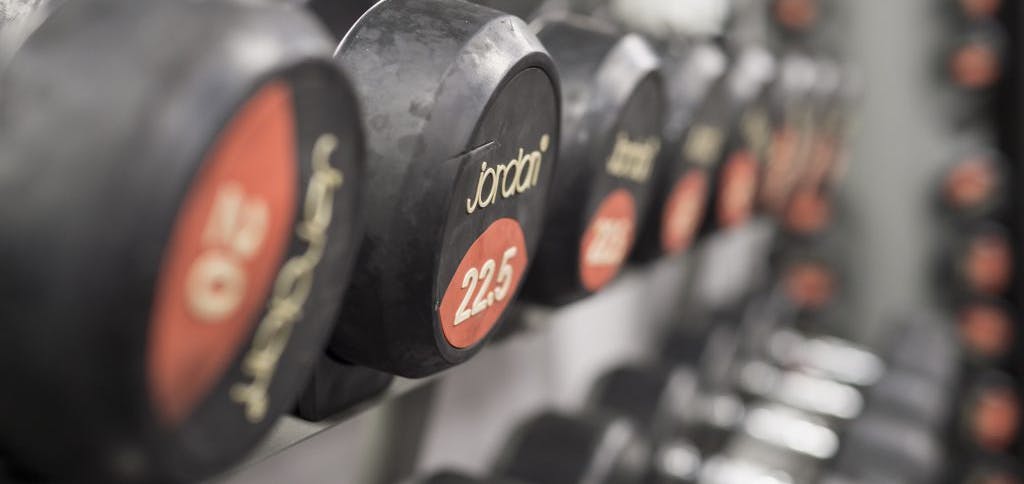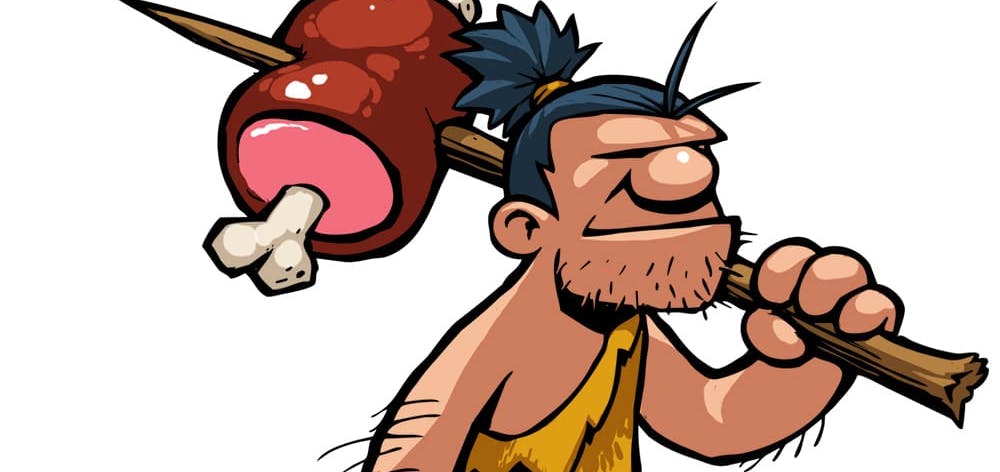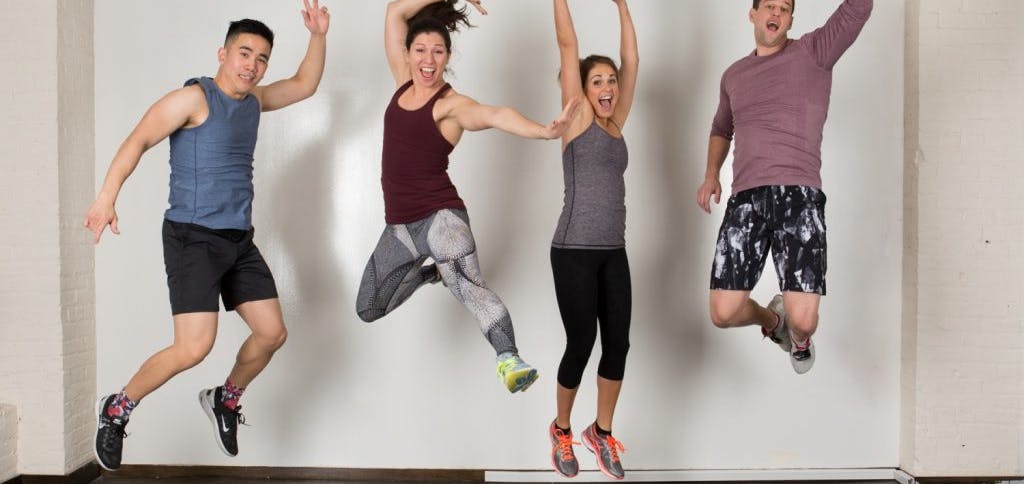Injuries are a frustrating thing. And trust me, I’m talking from experience here. It’s something many people, both top athletes and your average day to day gym goer tend to deal with various times throughout their life. Some tweaks take you out for a day, some weeks, and some even months. It's one of the most frustrating things that can happen when you are heading towards your training goals. You don't want to stop, naturally, and are desperate to get back to it.
This is where the problem lies. That frustration is a hard thing to fight, especially when you have a goal to reach. You wake up one morning and feel you are having a good day - the pain isn’t there like it was a week ago (more of a slight nuisance now), you’ve got through your warm-up without too much trouble and you think you can push on. So you do. You rush back in an attempt to regain what you had. That’s when you tweak the injury. Another setback and another length of time struggling to get back. I’ve seen it a million times with people, and I’ve done it myself.
I’m going to come at this from a personal angle here, as I learnt first-hand what a huge difference some patience and consistency can potentially have in the long term. There’s no better way of answering the above question then with a real-life example, so here it is.
Back in 2013 my competitive powerlifting was really kicking off. My technique was the best it had ever been, my lifts were increasing, and early in the year, I became the South East Champion in my lifting category. Exciting times for me, and I couldn’t wait to keep pushing onwards and upwards. I had the All England Championships coming up in August (my first national championship) and couldn’t wait to test myself against the best lifters in the country. This is when injury struck me. Just a tweak at first. A warm-up squat has gone wrong – nothing too serious, caused by a brief lapse of concentration. To someone with their sights set on the approaching nationals (only 6 weeks away at this point), not something that was going to stop me. I thought the pain was something the top guys had to “work through”.
The problem with a tweak, however, is that the body knows about it, and reacts accordingly. It hurts because something is wrong. If something is weakened, your natural movements are going to alter – some parts of your body are going to overcompensate to make up for that weakness (in this case, the slight niggle in my back). I was, however, blinded by my goals. I didn’t have time to rehab it before the comp (or so I thought). I could get to a certain squat/deadlift weight with my form and technique remaining fine, but I didn’t feel it was enough. Don’t get me wrong, this wasn’t a bad injury and I could still train pain-free, up to a certain point. However, I continued to put more weight on the bar, despite my back telling me not to, and form and technique naturally started to falter when the pain of this “niggle” started to appear after a certain poundage was on the bar. I was going far too heavy given the circumstances, and this was extremely short-sighted of me. I could have easily stayed within my limits and settled for a bit less weight come competition day for the sake of my own well-being.
I chose not to settle though. I lifted through the pain and I went on to win the silver medal at the English Championships the next month, despite the discomfort and pain both in the build-up and on the day of the competition. Sounds like a great result, a silver medal, but to this day I believe it was a result that, in the long term, was a terrible one. And I will explain why…
After achieving a silver medal at my first nationals I was naturally on a high, and I already had my sights set on gold next year (I always had a huge competitive streak at that age, and hated that the silver wasn’t gold). I lacked patience and was refusing to rehab my injury as it would mean having to stop and lose progress. I wasn’t too hurt to the point I physically couldn’t train, so why should I stop? I was foolish, and ignored the fact that technique was appearing a little off at certain weights, and ignored when I was in pain – I had a goal I had to reach and I would get there no matter what. Well, this is the exact attitude that directly led to the worst 5 training months of my life. Just 3 weeks after the championships, that injury caught up with me, and my back went completely. I couldn’t walk for a week, and I couldn’t go near the squat rack for 5 months. Even the 5 months, I was told, should have been more like 2 months out, but guess what? That issue I addressed in the first paragraph about feeling good one day and pushing through the pain? Yes, that was exactly me and was exactly what I did. And it delayed my comeback massively. Constant tweaks to the injury through rushing back into lifts I wasn’t ready for, and constant missed workouts due to physically being unable to complete sessions. It was actually my obsession with my goal that stopped me from achieving it. I wanted it so badly I didn’t take a step back and realise how much I was actually damaging my chances of reaching it. I just continued to push too hard when the frustration of falling behind got to me. My goal became my own worst enemy.
A year after that first national competition, I sat there with 2 silver medals from 2 years in a row at the English Championships. I missed my gold medal again after an inconsistent, injury-riddled year of on-off training. I learnt a very tough lesson regarding the damage frustration can do to you, and I appreciate now the serious need for patience and consistency in reaching your goals. There will be setbacks along the way. You need to accept that.
Let’s go back to that very first tweak. I wasn’t patient, and I wasn’t consistent. I should have had some consistency in my squats again after I hurt my back, whereas I rushed to put on more weight to avoid falling behind the competition. I should have targeted the bronze medal that year, or sat out completely, in no way sacrificing my health to get the silver. Then I look at the same mistake that led to 5 months of injury. Again, I lacked patience and refused to ensure my back injury was consistently fine before pushing on. What should have been 2 months out turned into 5, and that gold turned into silver.
If I had done things correctly, I feel I could be sitting here now with a bronze medal from 2013, and a gold one from 2014, and I should be able to call myself a one-time national champion. But I can’t. And who won the gold in 2014? The very person I actually beat for the silver medal in 2013.
The moral of the story is that we need to be able to adapt along the way to reach our goals. Don’t become too obsessed with them. If you are injured, you are injured. These things happen, and there are times when you need to fight that frustration, be patient, and possibly change the time scale/goal you are trying to achieve for your own sake. You can reach your initial goal eventually – you just need to ensure short-term setbacks don’t become long-term damage. It's very easy to try to rush these things, but the risk is far from worth it. So don't risk it at all!
Anyway, that’s enough from me for this week. I am working on my return to competition this year, and I need to get to the gym and train. I don’t know if I mentioned it, but I really want that national gold medal this time……





